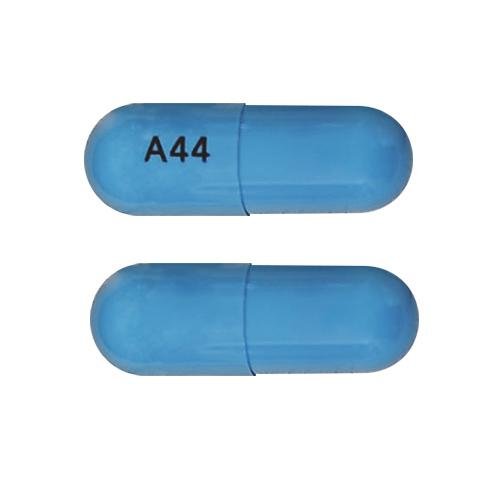Tasimelteon and Alcohol/Food Interactions
There is 1 alcohol/food/lifestyle interaction with tasimelteon.
Tasimelteon Food/Lifestyle
Moderate Food Interaction
GENERALLY AVOID: Alcohol may potentiate some of the pharmacologic effects of tasimelteon. Use in combination may result in additive central nervous system depression and/or impairment of judgment, thinking, and psychomotor skills.
ADJUST DOSING INTERVAL: Food may delay the absorption and onset of action of tasimelteon. According to the product labeling, administration of tasimelteon with a high-fat meal decreased peak plasma concentration (Cmax) by 44% and delayed the median time to reach Cmax by approximately 1.75 hours compared to administration in the fasted state.
MONITOR: Smoking induces CYP450 1A2 and may reduce the plasma concentrations of tasimelteon, which is metabolized by the isoenzyme. According to the product labeling, tasimelteon systemic exposure was approximately 40% lower in smokers than in nonsmokers.
MANAGEMENT: Patients receiving tasimelteon should be advised to avoid or limit consumption of alcohol. Tasimelteon should be taken without food. Patients who smoke may have a reduced therapeutic response to tasimelteon.
References (1)
- (2014) "Product Information. Hetlioz (tasimelteon)." Vanda Pharmaceuticals Inc
Switch to consumer interaction data
Tasimelteon drug interactions
There are 453 drug interactions with tasimelteon.
Tasimelteon disease interactions
There are 4 disease interactions with tasimelteon which include:
More about tasimelteon
- tasimelteon consumer information
- Check interactions
- Compare alternatives
- Pricing & coupons
- Reviews (2)
- Drug images
- Side effects
- Dosage information
- During pregnancy
- Drug class: miscellaneous anxiolytics, sedatives and hypnotics
- Breastfeeding
- En español
Related treatment guides
Drug Interaction Classification
| Highly clinically significant. Avoid combinations; the risk of the interaction outweighs the benefit. | |
| Moderately clinically significant. Usually avoid combinations; use it only under special circumstances. | |
| Minimally clinically significant. Minimize risk; assess risk and consider an alternative drug, take steps to circumvent the interaction risk and/or institute a monitoring plan. | |
| No interaction information available. |
See also:
Further information
Always consult your healthcare provider to ensure the information displayed on this page applies to your personal circumstances.


